Why Do I Cough When I Laugh? Understanding the Causes and Treatment Options
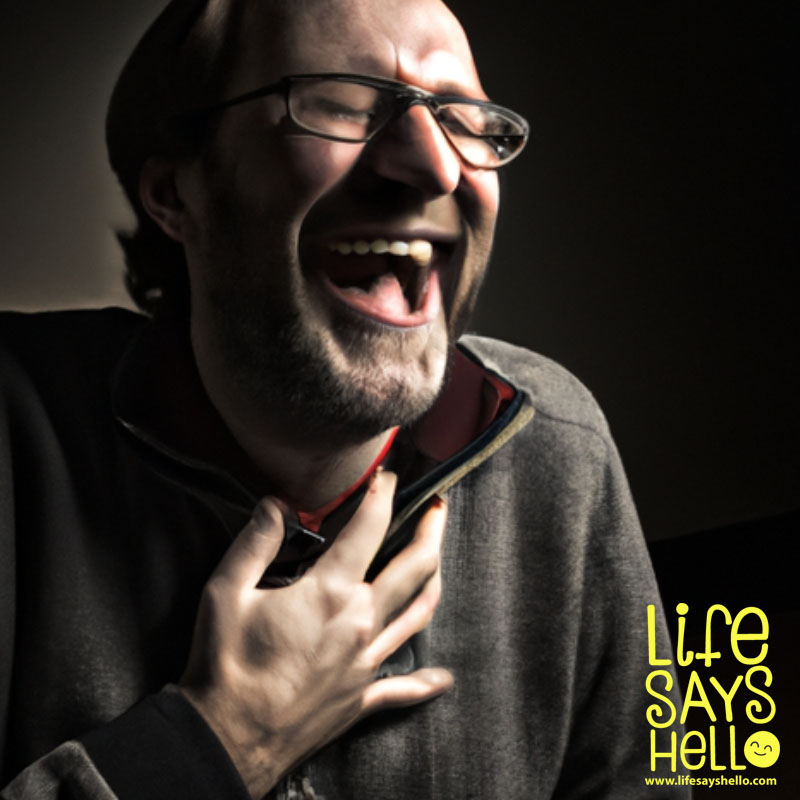
Have you ever laughed so hard that you ended up coughing uncontrollably? The experience can be both painful and embarrassing, especially if it happens in public. But why does this happen? Is there a medical reason behind it?
In this article, we will explore the causes of coughing when laughing, and what you can do to prevent it from happening again.
What Happens When You Laugh?
Before we dive into the reasons why you cough when you laugh, let’s first understand what happens to your body when you laugh. Laughter is an involuntary response that is triggered by various stimuli, including humorous situations, jokes, or even a funny movie. When you laugh, your diaphragm contracts, and air is forced out of your lungs. This results in a temporary pause in breathing, which is why we sometimes gasp for air while laughing.
Causes of Coughing When Laughing
Now that we know what happens to our body when we laugh, let’s look at the reasons why some people cough when they laugh.
1. Acid Reflux
Acid reflux is a condition where stomach acid flows back into the esophagus, causing irritation and inflammation. This can trigger a cough reflex when laughing, as the acid irritates the lining of the esophagus and throat. If you suffer from acid reflux, you may notice that the cough is accompanied by a sour taste in your mouth, heartburn, and difficulty swallowing.
To prevent acid reflux, you should avoid trigger foods such as spicy or acidic foods, caffeine, and alcohol. You can also try taking antacids before meals to reduce the amount of acid in your stomach.
2. Asthma
Asthma is a chronic respiratory condition that causes inflammation and narrowing of the airways. People with asthma may cough, wheeze, and experience shortness of breath when exposed to certain triggers such as exercise, allergens, or respiratory infections. Some people with asthma may also cough when laughing, as the increased airflow can trigger an asthma attack.
If you have asthma, it’s important to work with your doctor to develop an asthma action plan. This may include taking medications to control your symptoms, avoiding triggers, and monitoring your lung function.
3. Chronic Obstructive Pulmonary Disease (COPD)
COPD is a progressive respiratory disease that causes airflow obstruction and breathing difficulties. People with COPD may cough frequently, especially in the morning, and may experience shortness of breath during physical activity. Some people with COPD may also cough when laughing, as the increased airflow can exacerbate their symptoms.
If you have COPD, it’s important to work with your doctor to manage your symptoms. This may include taking medications, such as bronchodilators and corticosteroids, to reduce inflammation and improve airflow. You should also avoid triggers such as pollution and smoking, as these can worsen your symptoms.
4. Post-Nasal Drip
Post-nasal drip is a condition where excess mucus accumulates in the back of the throat, causing irritation and a persistent cough. This can be triggered by allergies, sinus infections, or other respiratory conditions. Some people with post-nasal drip may also cough when laughing, as the increased airflow can trigger the cough reflex.
To manage post-nasal drip, you should avoid triggers such as allergens and pollution. You can also try using a saline nasal spray or a humidifier to help thin out the mucus and make it easier to clear.
5. Upper Respiratory Infections
Upper respiratory infections, such as the common cold or flu, can cause coughing as a symptom. When we laugh, we increase the amount of air that flows through our respiratory system, which can trigger coughing in people with upper respiratory infections.
To manage the symptoms of an upper respiratory infection, you should get plenty of rest, stay hydrated, and take over-the-counter medications to relieve your symptoms.
Treatment Options
If you are experiencing coughing when laughing, there are several treatment options available to help manage your symptoms. These include:
Medications: Depending on the underlying cause of your cough, your doctor may prescribe medications such as bronchodilators, corticosteroids, or antihistamines to help manage your symptoms.
Lifestyle changes: Making certain lifestyle changes can also help manage your coughing when laughing. This may include avoiding trigger foods and drinks, quitting smoking, and getting regular exercise.
Breathing exercises: Certain breathing exercises, such as pursed-lip breathing or diaphragmatic breathing, can help improve your lung function and reduce coughing.
Alternative therapies: Some people find relief from their coughing by trying alternative therapies such as acupuncture or herbal remedies. However, it’s important to talk to your doctor before trying any alternative therapies.
Conclusion
Coughing when laughing can be painful and embarrassing, but it’s often a symptom of an underlying medical condition. By understanding the causes of coughing when laughing and seeking treatment, you can manage your symptoms and prevent future occurrences.
If you are experiencing persistent coughing when laughing, it’s important to seek medical advice to determine the underlying cause and develop a treatment plan.
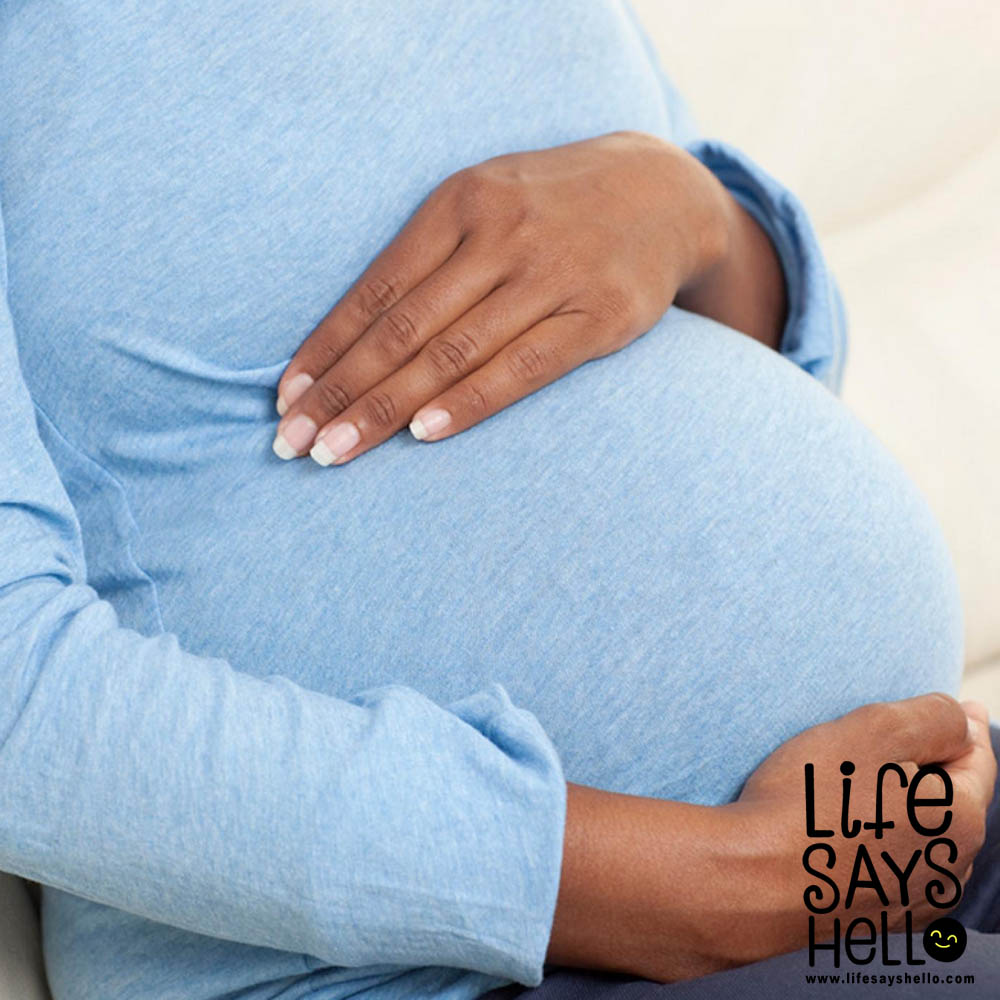
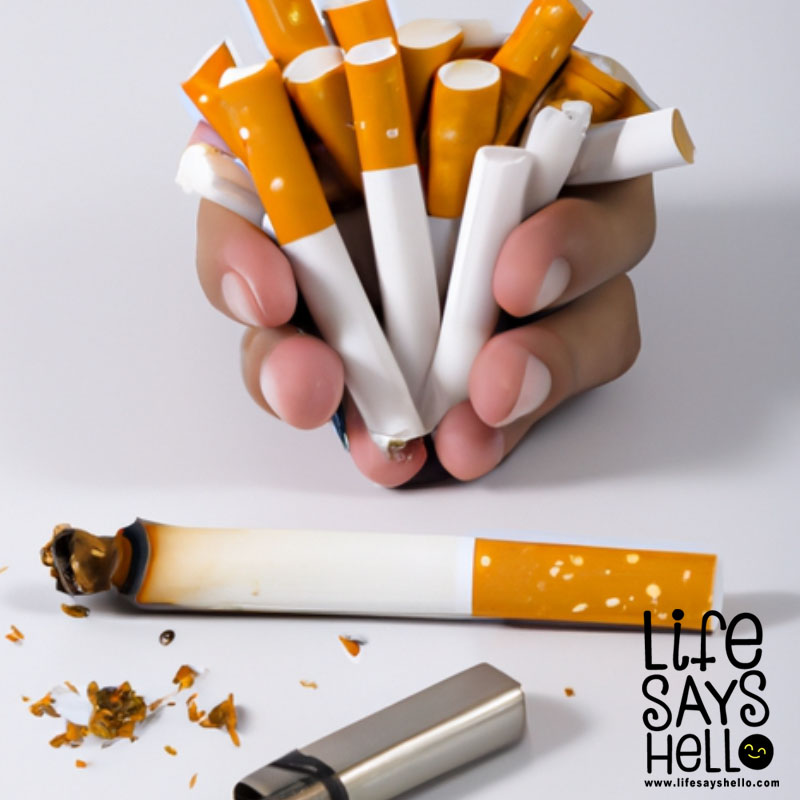
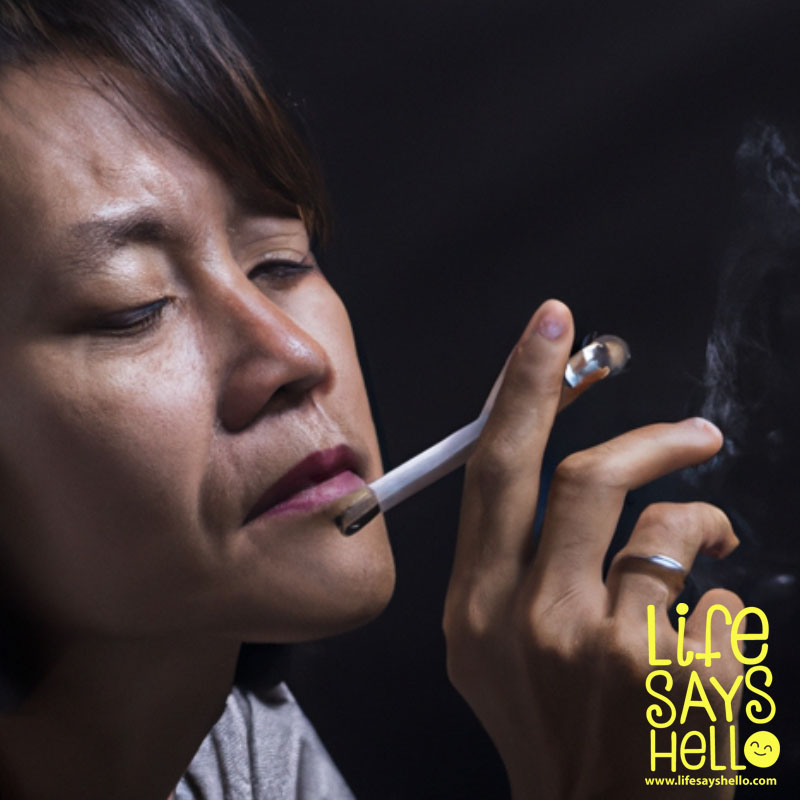
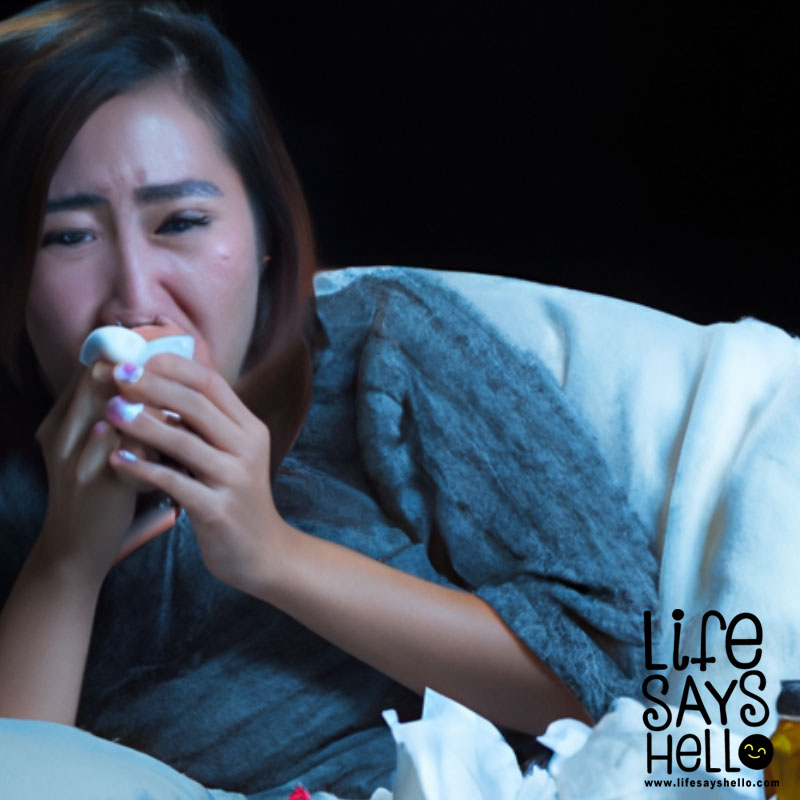
Comments